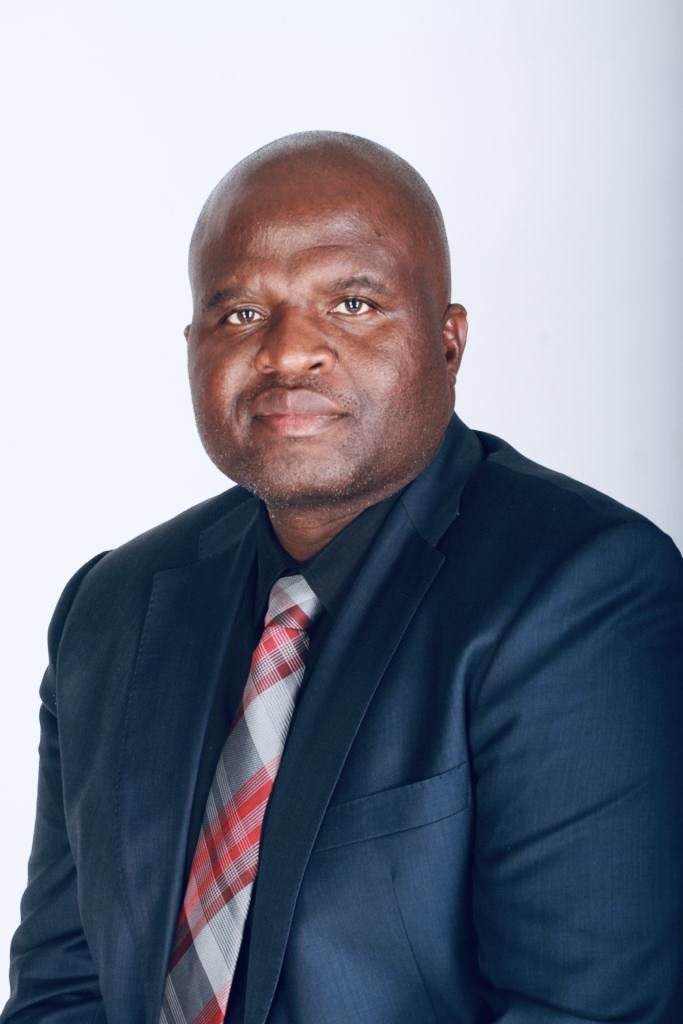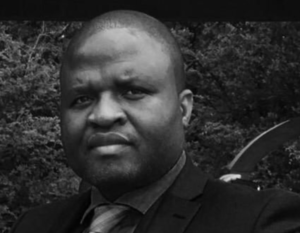Irony. I remember well the first time that I learnt this word, it was in Mr Mtande’s class, Form 3, Chegato High School 19 Gochanhembe, as we started delving into my very first Shakespeare: Macbeth. That was of course the expulsion later in the year, for offences in respect of which I was completely innocent, naturally, but that really is a non-story for another day.
Back to Irony.
It took weeks for me to understand what it fully meant, what with the handicap of having arrived for Form 1 studies still unable to string together a full English sentence that was not either read from a book or “We are very well thank you and how are you”.
Those that do not know where this sentence is from, I honestly cannot help you: because the irony is that any explanation would confound understanding. You needed to have been there. But, understood the meaning of irony I eventually did, and now, Eleventeen years later, I see irony everywhere.
I see it in the politician who acknowledges in his daily homilies that God’s plans are unknowable, and says the election results will go a certain way, because God is in it, but when the results come, God appears to have been on vacation after all because this politician argues those same results suggesting that God was not in fact in it.
Like the proverbial Greek tragedies, he is filling a role whereby the exact and complete significance of a character’s words or actions is clear to the audience or reader although unknown to the character.
Okay, to clarify, this piece is not about politics. It is not about elections. And no, to the Christian zealot now seething with anger, it is not about God going on vacation at all.
I mean, think about it: if He is everywhere at once, He really cannot “go” anywhere can He, since He is already there? So no, don’t be emotionali, my Christian friends, calm down. Calm down.
I also see irony in the hardworking diasporan, who toils shift after shift to feed and clothe those in their new home, while hankering for a home that is Zimbabwe, frustrated at what they see as bad policies and worse management which forces them to stay away from where the heart desires.
Every paycheck must be split to send something “home”, and when that process begins, they search for the “best rates”: i.e. ones where the Zimbabwe dollar is at weakest, so that their money arrives at home as more than last time.
As each search from each diasporan chases around for the “best rates”, those with “rates” compete to attract the diaspora money, and rates continue to slide.
No, I am not blaming the diaspora for falling rates, at all. But it would be naive to pretend that this race for “best rates” has zero effect on the rate, or pretend that as the rate falls, things do not get worse, making it even less likely that our toiling diasporan will ever come home.
I see it on our roads: where we can all see that driving has become a hazardous endeavour, where no-one follows any rules.
Chief culprits are the passenger carrying vehicles of course, but at every intersection of every road in Harare, stands a policeman. Not controlling traffic, just on the side.
We have long since given up on traffic lights, which we call “robots”. But are the police on the side not the real robots, standing there doing nothing to control traffic until someone somewhere sends a command for them to do so?
We say “the robots are not working”, and what we mean is in fact not the traffic lights, which of course aren’t robots.
We have come to accept that “magetsi anoinda”, and children are growing up thinking that this is normal. We know that electricity generation comes from many sources. Some countries use coal. Some countries use gas. Some countries use water. Some countries use uranium. Some countries use diesel.
We of course have very few dams, very little coal, no gas and zero uranium- even saying this sounds ridiculous, doesn’t it?
The irony is that we are the country with entrepreneurs in the solar generation industry buying the latest model cars daily from the proceeds of solar generation projects? The irony is that we even export coal and its products, and we are talking about selling water to other countries.
Drive up Borrowdale road from Harare City Centre, and observe nothing but the billboards for now. Everything and anything this planet offers is up for sale, including holidays to other countries.
Search hard on these billboards about visiting Chinhoyi Caves, Great Zimbabwe, Mosi ya Tunya, Hwange National Park, Mana Pools, Matonjeni, and you will draw blanks.
A visitor from Mars, China or Russia will assume that we have nothing to show except our potholed roads, that we care nothing about earning foreign currency since the US dollar is local currency, and children will grow up knowing that holidays are what you get when you go abroad.
Now, it is true that private people advertise on billboards, and they are free to show how many stove varieties they have, home much piping they sell and where, and what tiles they stock.
Why would anyone need to advertise unprotecting things like holiday places in Zimbabwe. So I guess there is nothing ironic here then.
We rail about colonialism and western Neo-liberalism and yet search for the most western leaning schools for our children: we ensure that they speak English early (“to give them an advantage”) and we know more about the entry requirements for Canadian, UK, Australian and USA universities than we do about those at BUSE. Come to think of it quite a good many of us do not even know what is BUSE, do we?!
We all look for every opportunity we see to get ahead of the next guy. A small gap just inside a clogged road intersection must be filled quickly, because if I do not fill it another will, never mind that that adds one more car into the traffic jam.
A slightly torn US dollar note is a chance for me to fleece my fellow struggler with a 10% reduction in value. A government penalty is demanded for in US dollars and a receipt issued in ZWL because that gives me an advantage, even while I am saying all the time: “things need to change”.
Because, no irony at all, we all believe that things will get better. We all say we want things to get better. We all believe that we deserve for things to get better.
Ands so they will. On their own.
Advocate Tinomudaishe Chinyoka is a lawyer practicing in Harare

